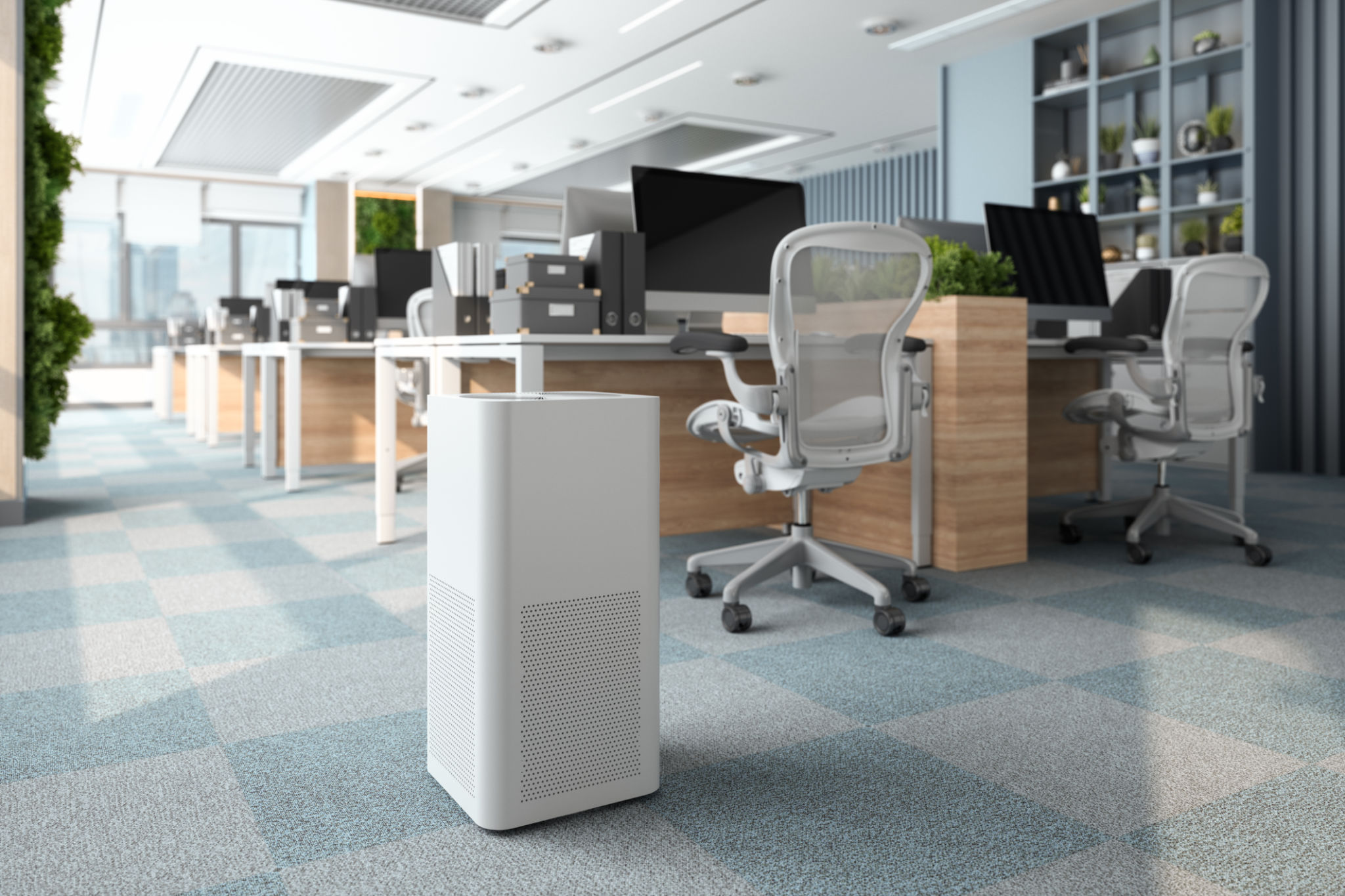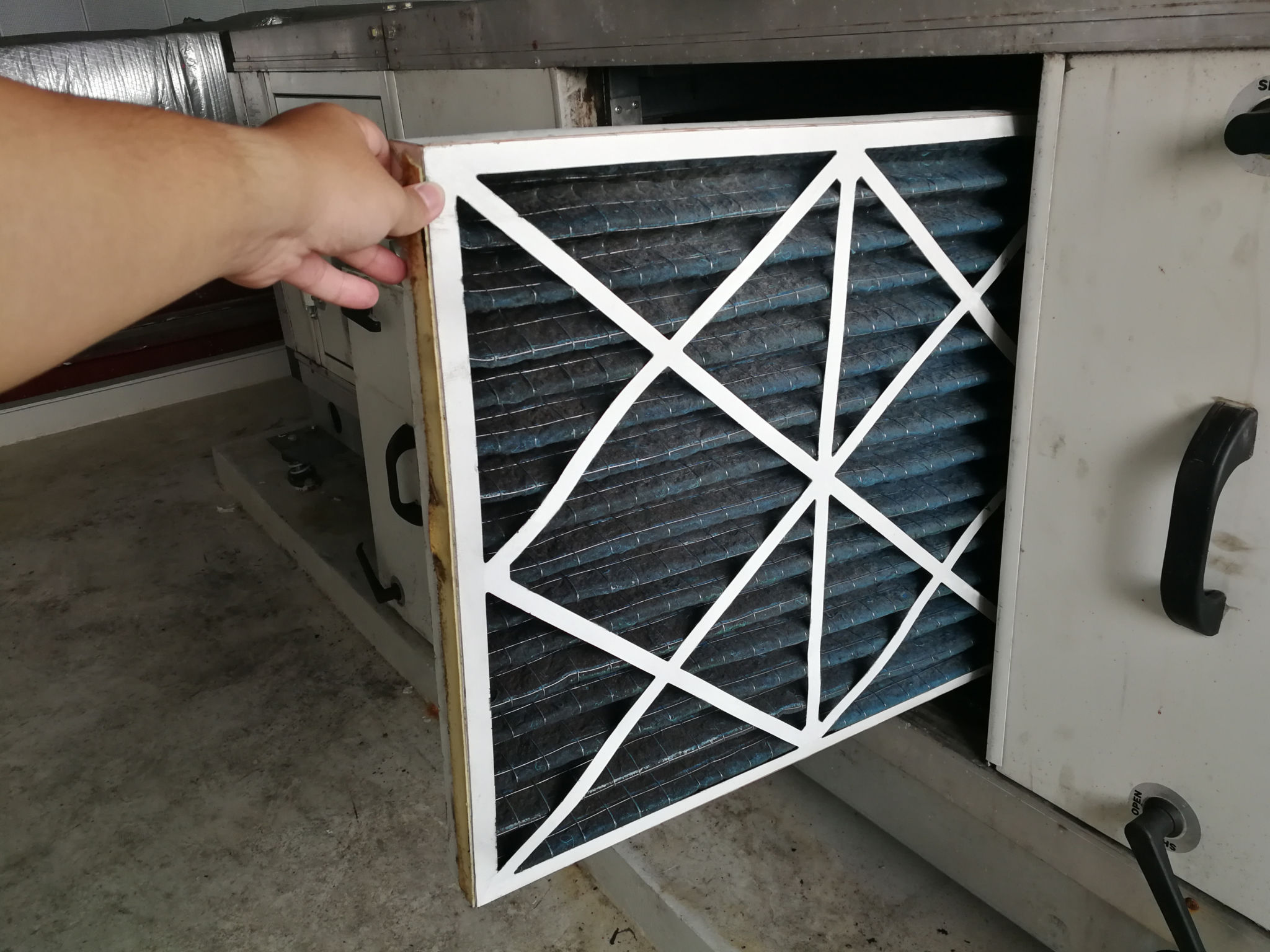How Regular Cleaning Can Improve Your Home's Air Quality
Understanding Indoor Air Quality
Indoor air quality is a crucial aspect of a healthy living environment. With most people spending a significant amount of time indoors, ensuring that the air you breathe is clean and free from pollutants can greatly affect your health. Regular cleaning plays a pivotal role in improving your home's air quality by reducing the presence of dust, allergens, and other contaminants.
Many factors contribute to indoor air pollution, including dust mites, pet dander, mold spores, and volatile organic compounds (VOCs) from household products. These pollutants can accumulate over time, leading to poor air quality and potential health issues such as allergies and respiratory problems.

The Role of Regular Cleaning
Regular cleaning is essential to maintaining a healthy indoor environment. By consistently removing dust and dirt, you can significantly reduce the number of allergens in your home. Vacuuming carpets and upholstery, dusting surfaces, and mopping floors are effective ways to eliminate particles that compromise air quality.
It's important to use cleaning products that do not introduce additional pollutants into the air. Opt for natural or eco-friendly cleaning solutions that minimize the release of VOCs and other harmful chemicals.

Benefits of Decluttering
Decluttering is another important aspect of regular cleaning that can improve air quality. Cluttered spaces can harbor dust and make it difficult to clean effectively. By organizing your home and reducing clutter, you create an environment that is easier to clean and less prone to dust accumulation.
A well-organized home not only promotes better air quality but also reduces stress and creates a more pleasant living atmosphere. Consider implementing storage solutions that keep items off the floor and out of the way.
Tackling Hidden Pollutants
While visible dust and dirt are easy to address, hidden pollutants require more attention. Air ducts, for instance, can become breeding grounds for mold and bacteria if not cleaned regularly. Hiring a professional to clean your HVAC system can ensure that the air circulating in your home is free from contaminants.
Additionally, replacing air filters in your HVAC system every few months is crucial in maintaining optimal air quality. These filters trap dust, pollen, and other particles before they enter your living spaces.

Incorporating Houseplants
Houseplants are a natural way to improve indoor air quality. Many plants can absorb carbon dioxide and release oxygen, while also filtering out harmful toxins from the air. Popular choices include spider plants, peace lilies, and snake plants, which are known for their air-purifying properties.
Incorporating houseplants into your home decor not only enhances aesthetics but also contributes to a healthier indoor environment. Be mindful of the specific care requirements for each plant to ensure they thrive in your space.
Conclusion
Improving your home's air quality is an ongoing process that requires consistent effort. By prioritizing regular cleaning, reducing clutter, addressing hidden pollutants, and incorporating houseplants, you can create a healthier living environment for you and your family. Remember that small changes can make a significant difference in the quality of the air you breathe.
